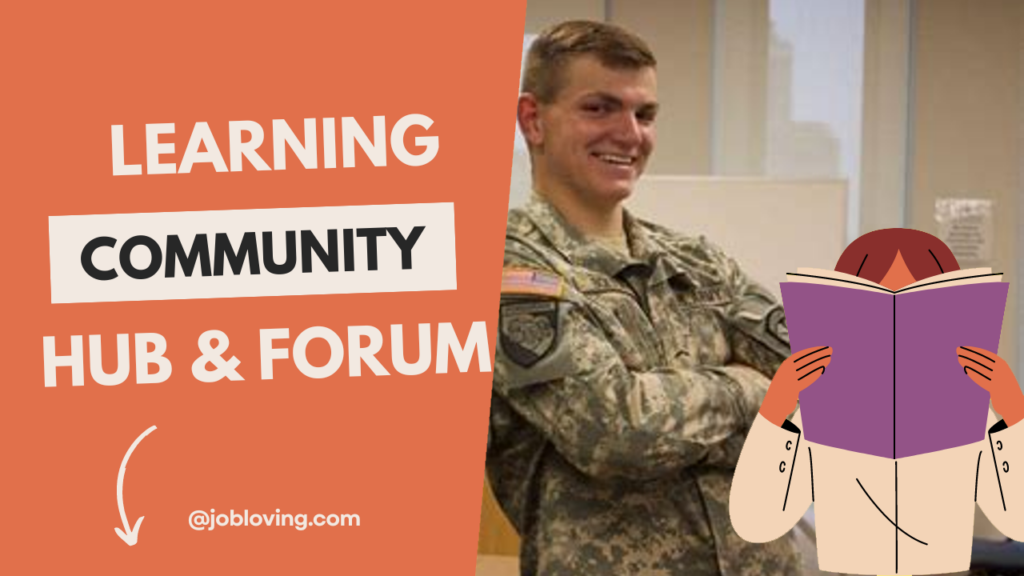Are you considering joining ROTC but unsure if it’s worth the commitment? It’s a challenging decision! While there are many benefits to the program, like developing leadership skills and earning potential scholarships, it’s vital to weigh the disadvantages too. One notable drawback that often flies under the radar is the time commitment involved in being a part of the ROTC program.
The Short Answer: Time commitment can interfere with personal pursuits.
Joining ROTC requires dedication—think of it as signing up for an extra course that doesn’t just come with lectures but physical training and mandatory events too. This program is packed with required classes focused on military leadership, tactics, and physical fitness, along with rigorous training sessions that can take up a significant portion of your week. So, unless you’ve found a secret cloning machine or you’ve mastered the art of multitasking, this can really put a strain on your schedule. Suddenly, those plans to binge-watch your favorite show or pursue that hobby you’ve put on hold might feel like distant dreams!
Additionally, the time commitment might conflict with other extracurricular activities or internships that you wish to embark on, possibly limiting those opportunities. It’s not just about fitting ROTC into your life; it’s about fitting your life into ROTC. Rethinking priorities becomes essential. After all, balancing academics, social life, and personal interests is key to a fulfilling college experience!
In summary, while ROTC can provide numerous opportunities for growth and leadership, the substantial time commitment may deter some from fully enjoying their college years. So, if you’re all in and ready to embrace the challenge, then ROTC could be for you—just be prepared to juggle and possibly forgo some of the fun stuff along the way!
If you’re still on the fence or have more questions about ROTC and its implications, don’t hesitate to dive into the JobLoving community, where you can find even more resources and guidance suited to your needs!
Key takeaways about the disadvantages of joining ROTC
Impact on Personal and Academic Life
- Time commitment for ROTC can interfere with other interests and extracurricular activities in high school.
- Balancing ROTC with academics may lead to increased stress and overwhelming pressure for students involved.
- Participation in ROTC may overshadow other important extracurriculars that could enhance college applications.
- Students must excel academically alongside ROTC participation to maintain competitive college application profiles.
- Cadets may struggle to balance personal life with demanding ROTC schedules and commitments.
- The pressure to succeed in both academics and military training can lead to increased stress levels.
- Additional responsibilities from ROTC courses may overwhelm students balancing academics and military training.
- Time-consuming ROTC obligations can interfere with internships, potentially impacting career opportunities post-graduation.
Limitations on Flexibility and Freedom
- Students may feel restricted by the structured environment of ROTC, limiting exploration of personal interests.
- High school ROTC programs lack flexibility, following a set curriculum that may not suit personal goals.
- ROTC’s structured environment may not suit students seeking a more flexible college experience.
- Limited focus on college admissions means ROTC alone may not significantly enhance college acceptance chances.
- Lack of customization in ROTC programs may deter students seeking specific military career paths or interests.
Financial Considerations and Future Obligations
- ROTC scholarships are competitive, and participation does not guarantee financial aid for college education.
- Dropping out of ROTC can lead to scholarship repayment, creating financial burdens for students.
- Mandatory military service requires commitment of 4-8 years, limiting career flexibility for ROTC cadets.
- Engaging in varied extracurricular activities is generally more beneficial than solely participating in ROTC.
- The obligation to serve can deter some students from pursuing ROTC, affecting recruitment efforts.
Social and Peer Challenges
- ROTC cadets might face stigma or misunderstanding from peers not involved in military programs.
- ROTC’s rigorous training can detract from traditional college experiences, limiting social opportunities for cadets.
- The intense physical training required may discourage some students from joining ROTC programs.
- ROTC can be a double-edged sword, offering benefits while potentially limiting personal freedom and flexibility.
- The demanding nature of ROTC requires strong time management skills, which may not be suitable for every student.
- Higher academic standards in ROTC demand consistent performance, increasing pressure on students’ time management.
- Zero tolerance for drug and alcohol use imposes stricter lifestyle regulations on ROTC participants.

